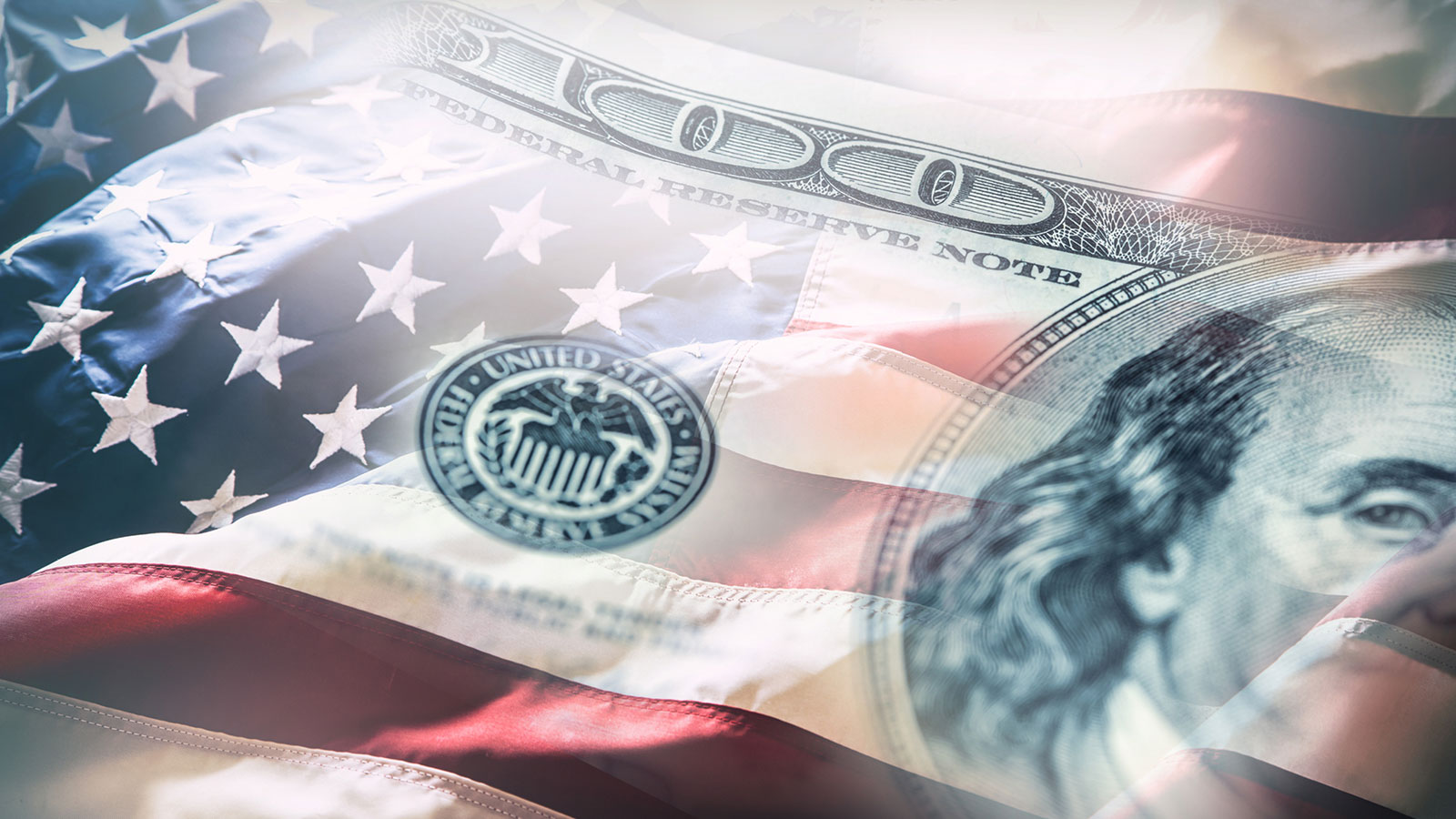The shift leaves more money available for payments in future whistleblower cases.
Two whistleblowers won a battle with the U.S. Internal Revenue Service over their share of $74 million they helped the agency to collect, marking a change that attorneys say could encourage more people to flag wrongdoing.
The dispute focused on whether tipster reward payments can include a share of money collected as criminal penalties and civil forfeitures, rather than just tax dollars the IRS would have failed to collect without whistleblowers’ help.
This week, the Department of Justice and the IRS agreed to drop an appeal of a 2016 Tax Court decision saying both categories of cash can be paid to whistleblowers. A three-judge panel at the Court of Appeals for the District of Columbia on Thursday dismissed the case.
That result opens the door for the whistleblowers, whose names are redacted from court documents, to receive $12.9 million in addition to $4.5 million they won earlier. The shift also leaves more money available for payments in future whistleblower cases.
“The most important tax-evasion cases are criminal, and to exclude these cases from the whistleblower law would have had a devastating impact on enforcement,” said Stephen M. Kohn and Dean Zerbe, in an emailed joint statement from the National Whistleblower Center.
Mr. Kohn and Mr. Zerbe serve, pro bono, as the center’s executive director and chief policy advocate. They have been pushing for five years to have criminal penalties included in the whistleblower-payout pool.
Mr. Zerbe, of Zerbe Miller Fingeret Frank & Jadav LLP; Mr. Kohn, of Kohn Kohn & Colapinto; and Robert Amsel represented the whistleblowers in court.
The Justice Department declined to comment. The IRS didn’t immediately respond to a request for comment.
The decision “will improve the chances that people will come forward to bring meritorious cases,” said Robert Patten, chief executive and president of Taxpayers Against Fraud, an advocacy group for whistleblowers.
The IRS whistleblower law calls for those who bring wrongdoing to the agency’s attention to receive as much as 30% of the amount it collects as a result. The sticking point has been how to define that total amount, known as the “collected proceeds.”
The IRS has argued that because the whistleblower law deals only with tax matters, for the purpose of calculating reward payments, “collected proceeds” only refers to taxes it would have foregone without the whistleblowers’ help. That amounts to $20 million in the current matter.
The rest of the money didn’t belong in the payment pool, the IRS argued. The remaining amount, comprised of criminal fines and civil forfeitures, is $54 million. The lawyers for the whistleblowers argued all $74 million, collected from a major Swiss bank, should be included.
Sen. Chuck Grassley (R., Iowa), chairman of the Senate Whistleblower Protection Caucus, helped tip the balance, pushing for legislation making it crystal-clear that all funds collected by the IRS as a result of a whistleblower’s efforts would be available to be shared with that person as a reward.
The clarification was included in budget legislation signed into law on Feb. 9 by President Donald Trump.
Mr. Zerbe said he expected particular interest from potential whistleblowers aware of wrongdoing at financial institutions overseas. Issues such as failing to notify the IRS about accounts U.S. taxpayers hold overseas can be handled via criminal prosecutions, or under the tax code.
Until the whistleblowers’ victory this week, funds collected in criminal matters couldn’t be shared with whistleblowers. That left would-be whistleblowers unsure of how much they might collect if they brought a case to the IRS, he said. Payouts could be far smaller if a case was handled criminally, rather than under the tax code.
Seeing additional money paid out to the couple in the current case will encourage other people to come forward, Mr. Zerbe said. “That’s what’s going to resonate out there,” he said.
By Henry Cutter on Mar 29, 2018 – Link to Wall Street Journal Article
Write to Henry Cutter at Henry.Cutter@wsj.com
Follow him on Twitter at @henry_cutter
